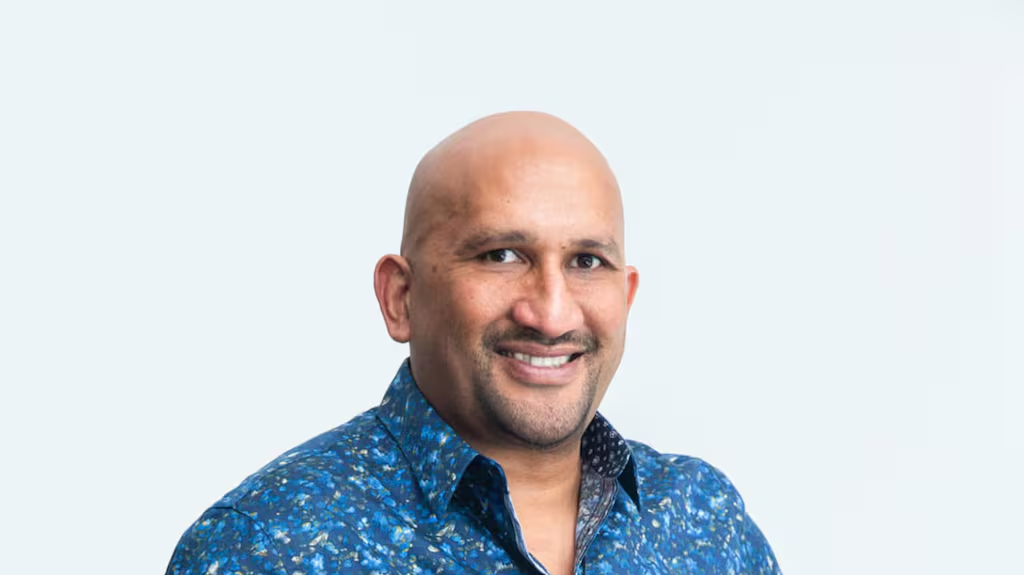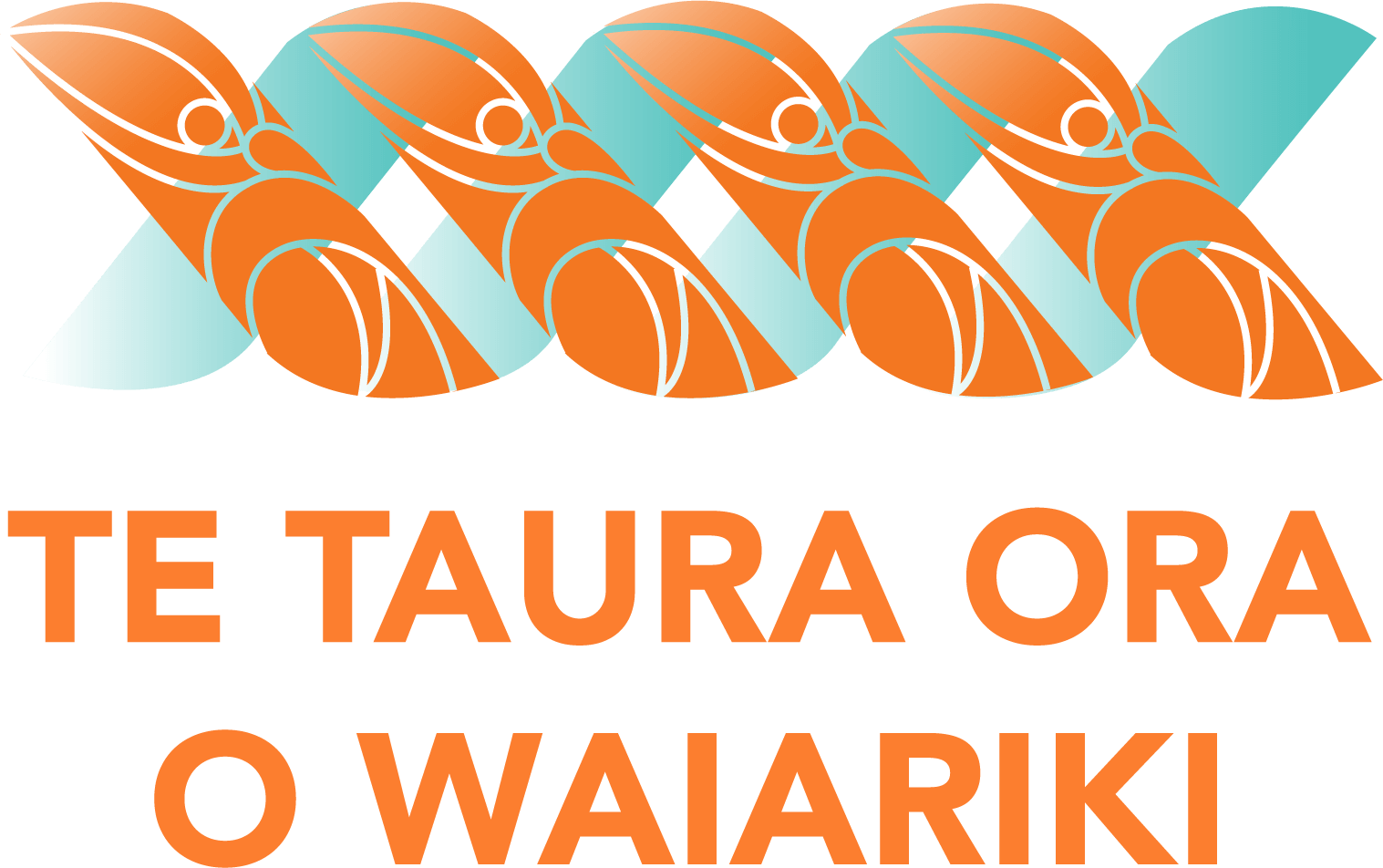Listening to Whānau Is Changing the Future of Our Health System

Over the past two weeks, something remarkable has happened across Te Arawa. Our new Whānau Voice Grant, a $50,000 fund empowering local whānau to shape health and wellbeing, has sparked a level of engagement that has been overwhelming and inspiring. And it proves one thing: when you listen to whānau, they respond with energy, insight, and solutions.
I’ll be honest: we weren’t sure how the community would engage. But after our first radio interview on The Heat, my phone lit up with calls from all corners of the rohe. Whānau were saying, “We saw you on the morning show, how can we apply?”
From hapū māmā and natural birthing advocates, to rangatahi, Takatāpui, and even local gang communities, all sorts wanted to step forward. Whānau from the Block reached out, excited to activate their own initiatives. The response has been extraordinary.
Registrations have doubled. Traffic to our registration page has increased by 87%, and visits to the application page are up 62%. The highest-viewed page on our website is the Whānau Voice Grant Guidelines & Criteria. On social media, our top posts to date include ‘Applications Now Open’ (5,132 views) and ‘Pitch Your Best Idea’ (5,849 views).
This grant is designed to be inclusive and accessible. Rangatahi, for example, can submit a simple video, tell a story, or express their ideas in a medium that suits them, not a 20-page application form. We want whānau to engage in their own language, style, and way. It’s not about fitting into the system; it’s about reshaping the system to reflect whānau realities.
For too long, our national health system has operated like a one-size-fits-all model. Communities that don’t fit the usual parameters like remote or rural whānau, tāngata whaikaha, gang whānau, Takatāpui, young parents, often go unheard. This grant flips that dynamic. On its head. Instead of asking whānau to conform, we are adapting the system to capture their expertise, creativity, and insight.
Already, stories are emerging that wouldn’t appear in standard reporting cycles. Rangatahi sharing what wellbeing truly feels like, hapū māmā highlighting gaps in birthing and postpartum support, Takatāpui whānau surfacing health challenges and solutions that are invisible in traditional data.
These are insights that decision-makers in our Te Manawa Taki region and in Wellington need to hear and they come directly from our people living the experiences.
Our Te Taura Board sees success not just as awarding the ten $5,000 grants available in this first round, but as receiving an abundance of applications. Every story, every idea is valuable, and the more whānau contribute, the more we can support and scale solutions, not just this year, but in future tranches of funding.
This kaupapa is about making mokopuna decisions, those long-view choices whose benefits may only be seen by future generations. It’s about ensuring the health system we build today is culturally grounded, relational, and responsive to the real needs of our people.
If the past two weeks are any indication, our whānau are rising. They are speaking. They are shaping their own future. Our job is simple: listen, honour their kōrero, and act.
Applications close at COB Thursday, 27 November. Whānau can apply via our website tearawaimpb.co.nz/whanau-voice-grant-guidelines or through our social media channels.
It’s quick, simple, and your voice can make a real difference.
This is only the beginning. Whānau are leading the way and we are listening.
